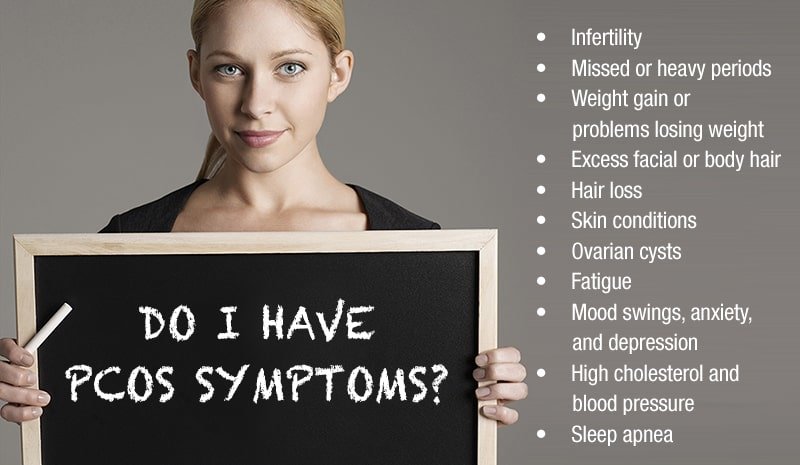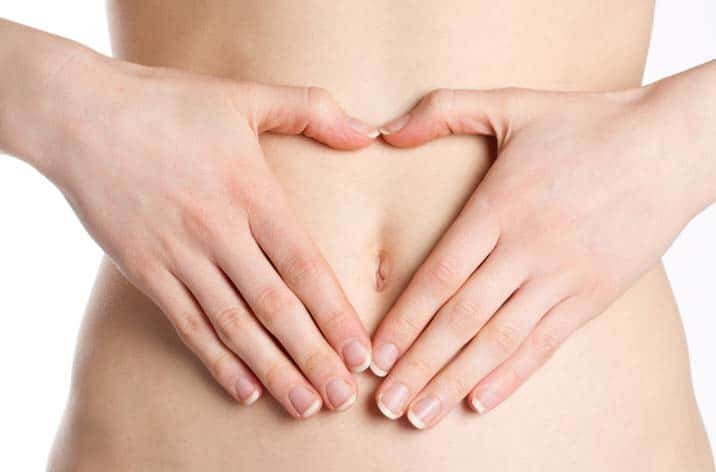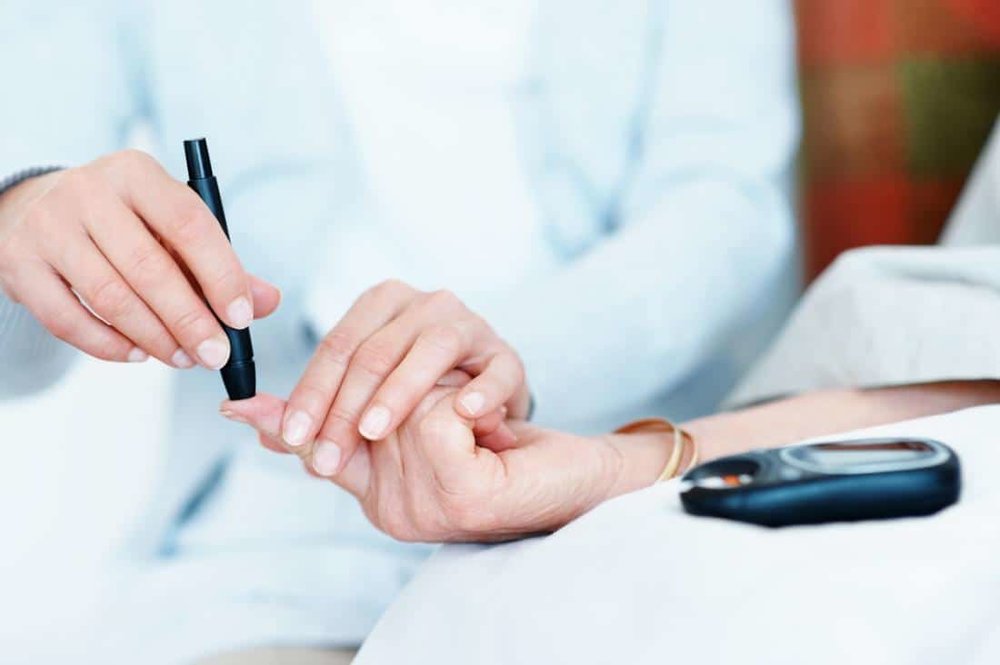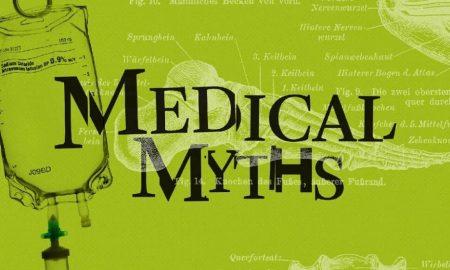
Medical Conditions That May Be Culprit For Your Irregular Periods

One of the medical conditions all women face is having a menstrual period. This is a normal occurrence in a woman’s body since the puberty. We experience it every month and it usually ends within three to seven days. However, there may be times where we experience menstrual problems like our missed periods.
Before you go panicking and thinking that you might be pregnant, take a deep, relaxing breath first. You might have an underlying problem that made you miss your period, have shorter or longer cycles, and even heavy discharge during the cycle. Here are some medical health conditions you need to know that may be affecting your period cycle. It’s important that you also coordinate and have a checkup with your attending physician to correct these medical conditions you’re experiencing.
Polycystic Ovarian Syndrome (PCOS)

Here Are the Symptoms of PCOS
PCOS is the leading cause of infertility for women around the world. It is a complicated hormonal imbalance that affects your weight and metabolism. Most women with PCOS have common symptoms like excess weight (obesity), excess hair throughout the body, oily skin or acne, and irregular periods. What’s worse about PCOS is that the affected patient is also at risks of acquiring type 2 Diabetes and Heart Disease. The good news though is that there’s a medication to manage PCOS. Although we also recommend that you change your lifestyle to become healthier and be physically active.
Thyroid Disorders

Thyroid Disorders May Be The Culprit Behind Your Metabolic and Period Problems
If you aren’t diagnosed with PCOS and yet you’re still experiencing irregular periods, then it must have something to do with your thyroid. The thyroid is also responsible for our metabolism and periods. Whether you have an underactive or overactive thyroid, it can affect your menstrual periods. If you have a thyroid disorder, you may need to take synthetic medications to treat your thyroid hormone. Managing and controlling your thyroid levels is also essential if you want to get pregnant.
Uterine fibroids

Uterine fibroids Causes Heavy Bleeding in women
Another medical condition underlying behind your irregular period is the thick lining of your uterus. While this condition is not cancerous or life-threatening in any way, it may affect your fertility rate and periods. Women with uterine fibroids often experience heavy menstrual bleeding, especially if you’re between 30-40 years old. You can choose from a variety of treatments for fibroids while preserving your fertility. A simple approach to fix this medical condition is to change your diet and exercise. You can also take oral contraceptives and hormonal medication, or you can also have your fibroids freeze to cut the blood supply around the area so to alleviate the heavy menstrual bleeding. In worst cases where you don’t want to get pregnant anymore and you want to stop your bleeding, you can opt for a hysterectomy. This means the complete removal of your uterus.
Endometriosis
Endometriosis is also a condition in your uterus wherein it’s lining or tissues, also known as endometrium, start growing outside your uterus. The growth of such tissues can escalate to your ovaries, fallopian tubes, and pelvic tissues which triggers heavy menstrual bleeding. Sometimes it comes in a form of blood clotting too, where a significant pain can be felt during your menstruation. Your physician may recommend over-the-counter meds in order to treat this condition. If not, the birth control pills can also work since it halts the growth of tissues. However, if all else fail, you may need to undergo a surgery in order to remove all the growths. This may also include hysterectomy if the condition in your uterus is severe.
Diabetes

Type 1 Diabetes Also Causes Irregular Periods in Women
If you’re diagnosed with a Type 1 or 2 Diabetes, then you’ll also have a hard time with menstruation. For those with autoimmune disease of Type 1 Diabetes, most women experience longer cycles with longer periods and heavy bleeding. In this case, since your disease is inborn and hereditary, only birth control pills can help stabilize your cycles. If you have Type 2 Diabetes, you can also take birth control pills and it’s advisable to exercise and live a healthy lifestyle to keep your blood sugar level regulated. Like PCOS, your diabetes lifestyle disease, metabolism problems, and even weight gain all correlate to your hormonal imbalance.
Eating Disorders
You might think that having an irregular period is only applicable to overweight women, but that’s where you’re wrong. Being underweight as a result of an eating disorder (e.g. anorexia) can also affect your menstruation. When your body doesn’t have enough food intakes, it will shut the hormones down, resulting in no periods at all. If this is your case, the physicians will treat your eating disorder first.
More in Medical Conditions
-
Check Your Sodium Intake—Not All Salts You Eat Are the Same
Salt is one of the most basic and most important ingredients in cooking. There are a lot of variants of salt...
November 1, 2023 -
Worried About Diabetes? Here Are Some Common Myths
There are several myths about diabetes that are frequently reported as facts. Diabetes misrepresentations can sometimes be harmful, leading to an...
June 29, 2023 -
Many Patients Pay Their Medical Costs Out Of Their Pockets – Even With Insurance
With rising inflation, it has become difficult for people to even fulfill their basic necessities. They are more concerned about how...
June 6, 2023 -
What Is The Right Weight For Kids And How To Gain Weight Healthily
Keeping your child happy and healthy is the primary concern of every parent. Parents usually focus on providing their young ones...
May 12, 2023 -
Thyroid Disorders in Children: What Parents Need to Know
Thyroid disorders are not limited to adults; they can also affect children. The thyroid gland produces hormones that play a crucial...
April 29, 2023 -
Should Doctors Attend To Patients With ‘Do Not Resuscitate Tattoos’?
Doctors at the University of Miami hospital were confronted with a dilemma when a 70-year-old unconscious man with a tattoo “do...
April 3, 2023 -
Your Antidepressant May Not Work If You Keep Doing This One Thing
People use social comparison to measure their self-worth. Social comparison has been in existence since time immemorial, and it is as...
April 1, 2023 -
Pro Tips on Preventing Hair Breakage While Keeping Your Hair Moisturized at Home
Every one of us is thinking a lot about how to forestall hair breakage and keep them moisturized at home. Since...
March 22, 2023 -
Planning to Travel After Retirement? This is the Best Medicare Coverage for You
Does Medicare insurance go with you once you are out of the country? It’s currently open enrollment period, and while planning...
March 14, 2023















You must be logged in to post a comment Login